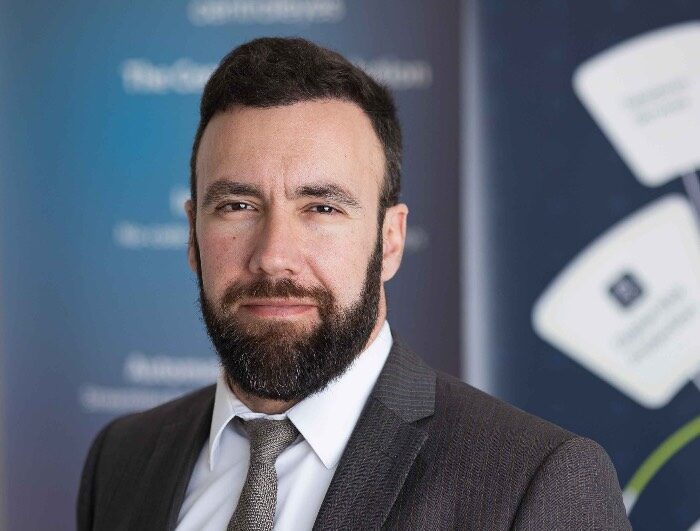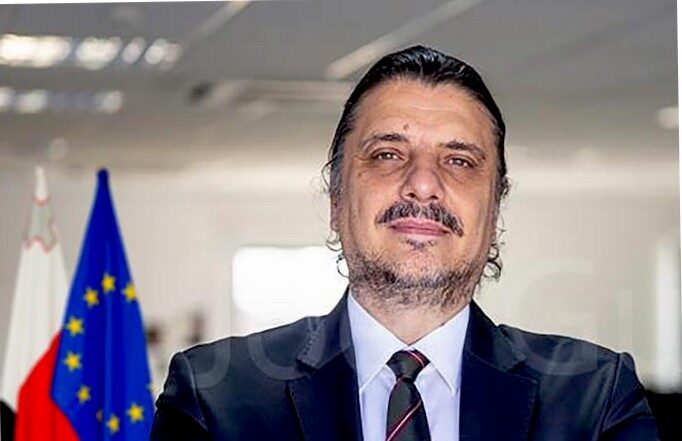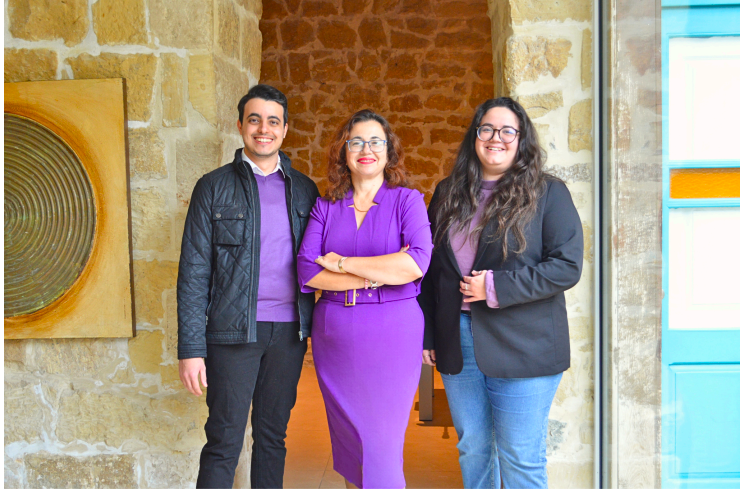While scrolling through Instagram earlier on Thursday (today), I came across a post that made me stop in my tracks.
At first glance, it looked like a quote graphic from a well-known Maltese businessman, the sort of polished visual you might expect from a leading company. But the text accompanying the image raised red flags – it was promoting what seemed to be an all-too-familiar “investment opportunity,” the kind that promises quick, guaranteed returns.
What startled me most wasn’t the scam itself – sadly, those have been circulating online for years – but how real it looked: The branding was slick, and the formatting professional. It wasn’t the kind of poor-quality, obviously fake content we’ve grown used to ignoring. It looked credible. And that’s exactly what makes it dangerous.
When I brought it up with colleagues after seeing it, one of them said she had seen something even more sophisticated: An AI-generated video of the same businessman “speaking” about investing. It had appeared in her Instagram feed just the day before.
In light of these incidents, MaltaCEOs.mt reached out to a spokesperson for the company involved.
They asked to remain anonymous to avoid encouraging further fraudulent content, but confirmed: “We are aware of this scam post and have actively addressed it through all the appropriate channels. We have reported and removed these posts whilst constantly monitoring for any further fraudulent activity. We strongly condemn the misuse and manipulation of such images.”
That’s the reality we’re now living in. AI-generated content is flooding social media, and with each passing week, it’s getting harder to tell what’s real and what’s not. Where once we could spot a deepfake or scam post at a glance, today’s tools have blurred the lines to an alarming degree.
For business leaders, the implications are serious. Your image, your voice, even your words can now be hijacked and weaponised without your knowledge.
So what can you do?
- Vigilance is key – report suspicious posts immediately.
- Regularly monitor how your name is being used online.
- Educate your teams, especially marketing and comms, on the dangers of AI impersonation.
- Speak up when something doesn’t feel right – even if it just shows up during a casual scroll through Instagram.
On social media, something can spread as quick as a wildfire, and it might be too late till you realise what is doing the rounds on people’s feeds.
Izola Bank appoints Ali Geren as Head of Finance and Treasury
His background spans both strategic and operational leadership.
MIA eyeing Eastern and Northern Europe for route expansion, says Senior VP Alex Cardona
The growth in connectivity will come from the introduction of new routes as well as increased weekly frequencies on existing ...
AcrossLimits announces strategic leadership restructuring ahead of 25-year anniversary
AcrossLimits enters 2026 poised for its next chapter of innovation.
MediaTroopers names Clinton Cutajar Director of AdPlatform
He will take on his new role in addition to his existing position as the company's Chief Technology Officer.









